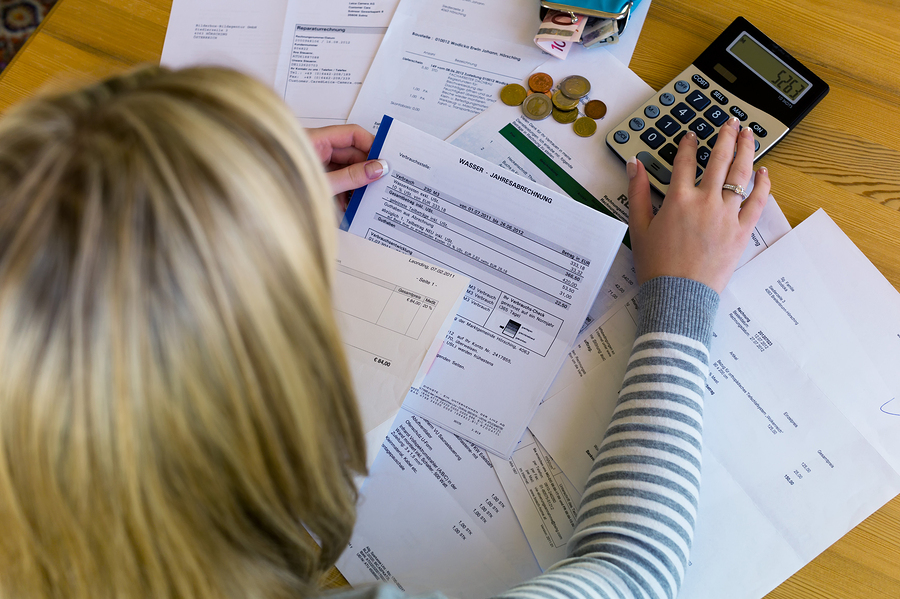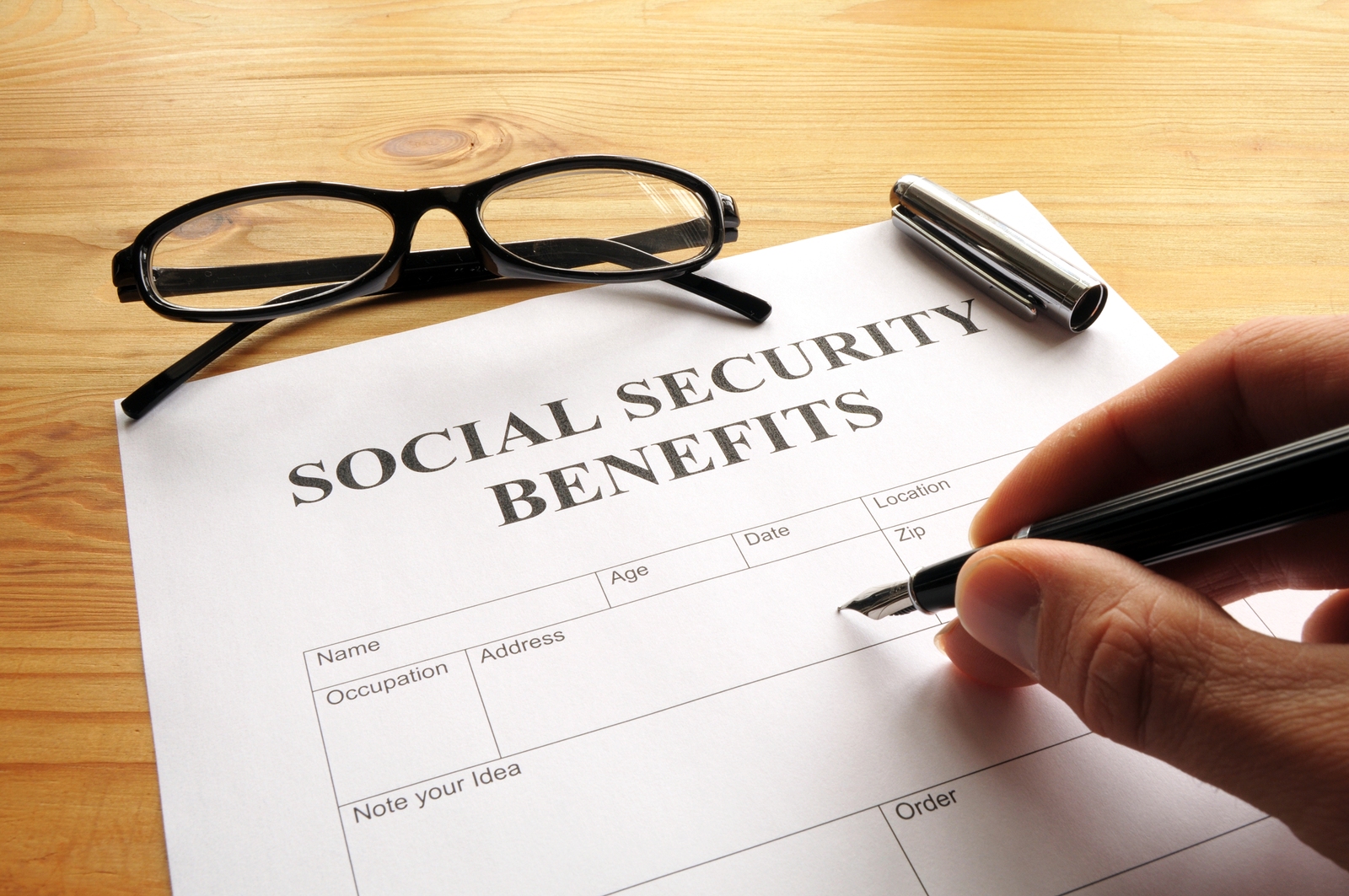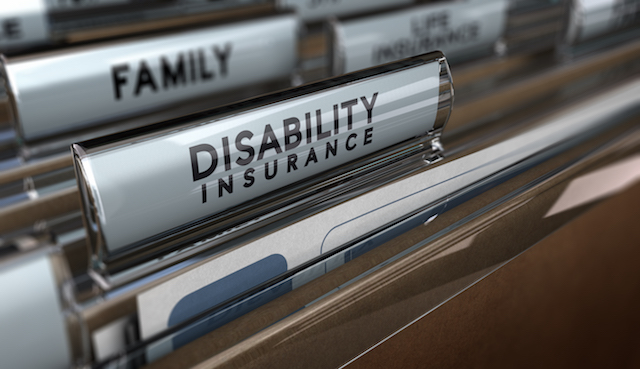Are There Any Dangers of Refinancing Your Mortgage?
Refinancing your mortgage will typically save a homeowner money, especially if it substantially lowers their current interest rate. The only potential problem is that the closing costs offset your savings. However, what if you are in a current bankruptcy? The first question a bankruptcy debtor needs to ask is, “is it possible to refinance your mortgage while in bankruptcy?” The answer to this question is, like many legal questions, is, “it depends.” While it is possible, it is not always easy. Nonetheless, the potential benefits make it worth the effort.
Chapter 13 debtors are expected to pay their excess income to their creditors through a bankruptcy plan. This means that after you have paid for your necessary monthly expenses, such as your mortgage, food, and utilities, any remaining money should be used to pay back a portion or all your debt. By refinancing your mortgage, you could be lowering your mortgage. Additionally, if you were paying mortgage arrears through your bankruptcy, it would be included in the refinancing. Therefore, you probably will have more money available to pay your creditors. The Chapter 13 trustee would want you to increase your plan payment.
While this might not sound like a benefit, there are situations when it is still worthwhile. Our Philadelphia bankruptcy lawyers would walk you through the process, including all the advantages and possible disadvantages. In most cases, if you have the opportunity to refinance your mortgage, you should consider it. Call Young, Marr, Mallis & Associates in Pennsylvania at (215) 701-6519 or in New Jersey at (609) 755-3115 to discuss your options in more detail.
Qualifying for FHA Refinancing
Before discussing the legal hoops to refinance while in bankruptcy, you need to determine if you qualify. The guidelines for refinancing under an FHA loan are rather straightforward. It is usually possible for someone in Chapter 13 to meet the requirements.
- Your credit score should be over 580. While it might be possible to qualify with a lower score, it is unlikely.
- You must be current on all your payments for the previous twelve months. This includes your mortgage, bankruptcy payments, and any other monthly obligations.
- Your debt-to-income ratios should be approximately 31% to 43%. There is some flexibility regarding these percentages. However, these are general guidelines.
- You must have at 3.5% equity in your home.
- You will need money to afford the closing costs. This requirement could be tricky depending on the information listed in your bankruptcy. Our experienced Pennsylvania bankruptcy lawyers will review your schedules with you.
The above guidelines are for an FHA loan. You have the option of contacting a subprime lender to refinance your mortgage.
Your Reason for Refinancing is Important
Both your lender and the Chapter 13 trustee will want to know why you want to refinance your mortgage. Typically, you are not permitted to take on additional debt while in bankruptcy. However, if your monthly payment will be lower or if your mortgage arrears are included in the refinancing, the trustee will most likely not have an issue. The important thing is, to be honest with your lender, the trustee, the court, and our Bucks County bankruptcy lawyers. By being clear and upfront from the start, you could avoid any potential issues or problems.
The Bankruptcy Court Must Approve the Refinancing
You will have to get a court order approving the financing. This means our office will have to file a motion requesting permission to refinance the mortgage. The loan paperwork and other documentation will have to be included to ensure the court that refinancing is in your best interest and is not harming any other creditors. If the refinancing required a higher mortgage payment that would leave less money for your other creditors, the court would likely not approve the refinancing. You must demonstrate that no creditors will be adversely impacted. Other creditors and the Chapter 13 trustee could file objections asking the court not to approve your motion.
Other Considerations When Refinancing During Chapter 13 Bankruptcy
Refinancing could be very beneficial. If you lower your mortgage payment, it could save you thousands of dollars over the lifetime of your mortgage. However, if you lower your mortgage payment, your trustee payment could increase. For example, imagine your mortgage payment was $1,200 and your trustee payment was $400. If you refinance and lower your mortgage payment to $900, the trustee will expect your bankruptcy payment to increase.
However, sometimes a refinance is a ticket out of Chapter 13. Many people who qualify for Chapter 7 file Chapter 13 because their home is in foreclosure. The debtor typically pays their mortgage arrears through the bankruptcy plan while discharging their unsecured debt. Therefore, if you refinance to include your mortgage arrears, you might be able to convert your case to Chapter 7 to discharge your unsecured debt.
To illustrate the above, imagine you have filed a Chapter 13 to stop a foreclosure. Your monthly mortgage payment is $1,200. You also have $25,000 of unsecured debt. The bankruptcy payment of $350 only covers your mortgage arrears and the trustee’s fees. Under the terms of your plan, the $25,000 would be discharged at the end of your case. When you refinance, your mortgage payment increases to $1,250, but it includes your arrears. Now it might be possible to convert to Chapter 7. Additionally, if your current bankruptcy has lasted over 36 months, you might be eligible for a discharge immediately. It is crucial to review your circumstances with one of our seasoned Allentown bankruptcy attorneys.
Call Our Pennsylvania Bankruptcy Attorney to Review Refinancing Your Mortgage
In nearly every case, refinancing your mortgage while in Chapter 13 bankruptcy is a good idea. However, it is not always easy. Our Lehigh County bankruptcy attorneys are here to help you work with the Chapter 13 trustee and bankruptcy court to have the refinancing approved. However, it is usually worth the effort. To discuss what is required to refinance your mortgage, call Young, Marr, Mallis & Associates at (215) 701-6519 or in New Jersey at (609) 755-3115.
Refinancing your mortgage will typically save a homeowner money, especially if it substantially lowers their current interest rate. The only potential problem is that the closing costs offset your savings. However, what if you are in a current bankruptcy? The first question a bankruptcy debtor needs to ask is, “is it possible to refinance your mortgage while in bankruptcy?” The answer to this question is, like many legal questions, is, “it depends.” While it is possible, it is not always easy. Nonetheless, the potential benefits make it worth the effort.
Chapter 13 debtors are expected to pay their excess income to their creditors through a bankruptcy plan. This means that after you have paid for your necessary monthly expenses, such as your mortgage, food, and utilities, any remaining money should be used to pay back a portion or all your debt. By refinancing your mortgage, you could be lowering your mortgage. Additionally, if you were paying mortgage arrears through your bankruptcy, it would be included in the refinancing. Therefore, you probably will have more money available to pay your creditors. The Chapter 13 trustee would want you to increase your plan payment.
While this might not sound like a benefit, there are situations when it is still worthwhile. Our Bensalem bankruptcy lawyers would walk you through the process, including all the advantages and possible disadvantages. In most cases, if you have the opportunity to refinance your mortgage, you should consider it. Call Young, Marr, Mallis & Associates in Pennsylvania at (215) 701-6519 or in New Jersey at (609) 755-3115 to discuss your options in more detail.
Qualifying for FHA Refinancing
Before discussing the legal hoops to refinance while in bankruptcy, you need to determine if you qualify. The guidelines for refinancing under an FHA loan are rather straightforward. It is usually possible for someone in Chapter 13 to meet the requirements.
- Your credit score should be over 580. While it might be possible to qualify with a lower score, it is unlikely.
- You must be current on all your payments for the previous twelve months. This includes your mortgage, bankruptcy payments, and any other monthly obligations.
- Your debt-to-income ratios should be approximately 31% to 43%. There is some flexibility regarding these percentages. However, these are general guidelines.
- You must have at 3.5% equity in your home.
- You will need money to afford the closing costs. This requirement could be tricky depending on the information listed in your bankruptcy.
The above guidelines are for an FHA loan. You have the option of contacting a subprime lender to refinance your mortgage.
Your Reason for Refinancing is Important
Both your lender and the Chapter 13 trustee will want to know why you want to refinance your mortgage. Typically, you are not permitted to take on additional debt while in bankruptcy. However, if your monthly payment will be lower or if your mortgage arrears are included in the refinancing, the trustee will most likely not have an issue. The important thing is, to be honest with your lender, the trustee, the court, and our West Chester bankruptcy lawyers. By being clear and upfront from the start, you could avoid any potential issues or problems.
The Bankruptcy Court Must Approve the Refinancing
You will have to get a court order approving the financing. This means our office will have to file a motion requesting permission to refinance the mortgage. The loan paperwork and other documentation will have to be included to ensure the court that refinancing is in your best interest and is not harming any other creditors. If the refinancing required a higher mortgage payment that would leave less money for your other creditors, the court would likely not approve the refinancing. You must demonstrate that no creditors will be adversely impacted. Other creditors and the Chapter 13 trustee could file objections asking the court not to approve your motion.
Other Considerations When Refinancing During Chapter 13 Bankruptcy
Refinancing could be very beneficial. If you lower your mortgage payment, it could save you thousands of dollars over the lifetime of your mortgage. However, if you lower your mortgage payment, your trustee payment could increase. For example, imagine your mortgage payment was $1,200 and your trustee payment was $400. If you refinance and lower your mortgage payment to $900, the trustee will expect your bankruptcy payment to increase.
However, sometimes a refinance is a ticket out of Chapter 13. Many people who qualify for Chapter 7 file Chapter 13 because their home is in foreclosure. The debtor typically pays their mortgage arrears through the bankruptcy plan while discharging their unsecured debt. Therefore, if you refinance to include your mortgage arrears, you might be able to convert your case to Chapter 7 to discharge your unsecured debt.
To illustrate the above, imagine you have filed a Chapter 13 to stop a foreclosure. Your monthly mortgage payment is $1,200. You also have $25,000 of unsecured debt. The bankruptcy payment of $350 only covers your mortgage arrears and the trustee’s fees. Under the terms of your plan, the $25,000 would be discharged at the end of your case. When you refinance, your mortgage payment increases to $1,250, but it includes your arrears. Now it might be possible to convert to Chapter 7. Additionally, if your current bankruptcy has lasted over 36 months, you might be eligible for a discharge immediately. It is crucial to review your circumstances with one of our seasoned Pennsylvania bankruptcy attorneys.
Call Our Pennsylvania Bankruptcy Attorney to Review Refinancing Your Mortgage
In nearly every case, refinancing your mortgage while in Chapter 13 bankruptcy is a good idea. However, it is not always easy. Our Delaware County bankruptcy attorneys are here to help you work with the Chapter 13 trustee and bankruptcy court to have the refinancing approved. However, it is usually worth the effort. To discuss what is required to refinance your mortgage, call Young, Marr, Mallis & Associates at (215) 701-6519 or in New Jersey at (609) 755-3115.





























